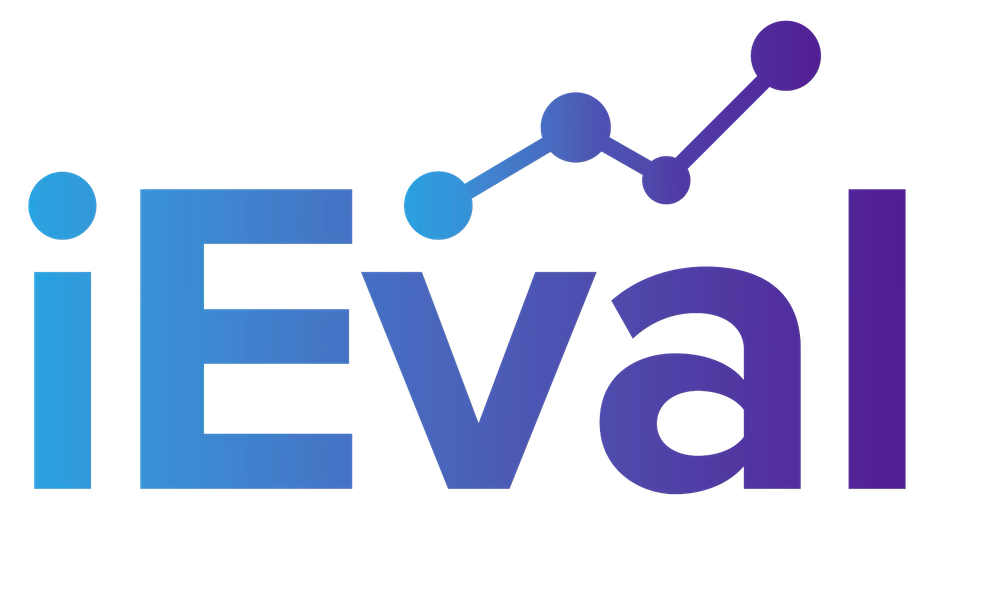In three weeks I am moving to Geneva, Switzerland to work for 6 months at the International Labour Organization (ILO). The ILO is a division of the United Nations which focuses on working with governments, the private sector and labor organizations to ensure fair wages, fair working conditions and worker rights. I will continue blogging and will likely be drawing on my experiences in that context as I decide what to share with you on any given day. I am kicking that off today, and, because I will be working in an internal evaluation context, I have been thinking a lot about the idea of independence in evaluation.
The ILO has an internal evaluation unit. In fact, nearly all UN divisions have their own evaluation unit, in addition to the external evaluation consultants they employ. Working as part of one of these units I will have an opportunity to experience what this type of evaluation environment looks and feels like. One of the primary criticisms of relying too heavily on internal evaluation is the potential for bias to leak into decision making, data analysis or interpretation of findings. On the other hand, internal evaluators have strong contextual knowledge, relationships within an organization and an understanding of nuances which can be so important when trying to tell the story of an organization or a program through an evaluation. These various features have an important effect on the utility of evaluation findings or products.
I believe that internal evaluators or units are able to maintain independence but it relies on the evaluator(s) ability to do as such. Because it is so person dependent, I wonder whether or not it is generalizable across all internal evaluation units. But, a mix of internal and external evaluation can be a powerful tool for ensuring relevant and well understood evaluations, as well as evaluations which limit the influence of internal biases. In fact, playing the part of the internal evaluator in this type of scenario is how I became involved with iEval.
I first met Wendy when I was an internal evaluator for a local non-profit. iEval was hired as the external evaluator of that organization and so we started working together, in the way I described above. I was able to focus on program improvement, while also learning from and contributing to the external evaluation being done. I also was able to provide that contextual understanding to some of the data in those external evaluation reports. I also had to be self-aware of my own biases and be sure that they didn’t blur my ability to be critical in my interpretation of the information I was collecting.
As I now move back into an internal evaluation setting, I will bring with me my experience and my ability to be self-aware of my own biases. In fact, this is something I believe is critical for continuous improvement within all programs, projects, businesses, etc., and it is something I encourage everyone to consider. It will also be interesting examine the way the evaluation unit in the ILO establishes its independence as an internal unit and the considerations on the part of the staff as they work to improve and evaluate the efforts of their colleagues.
COREY’S USEFUL TIP: Internal evaluation of any kind can be extremely effective for program improvement. This doesn’t have to be done by an internal evaluator, but rather anyone who can think critically about data and other programmatic information. But, it is important to be aware of our own biases as we examine our own work and managing these can help us make better, more objective decisions.

